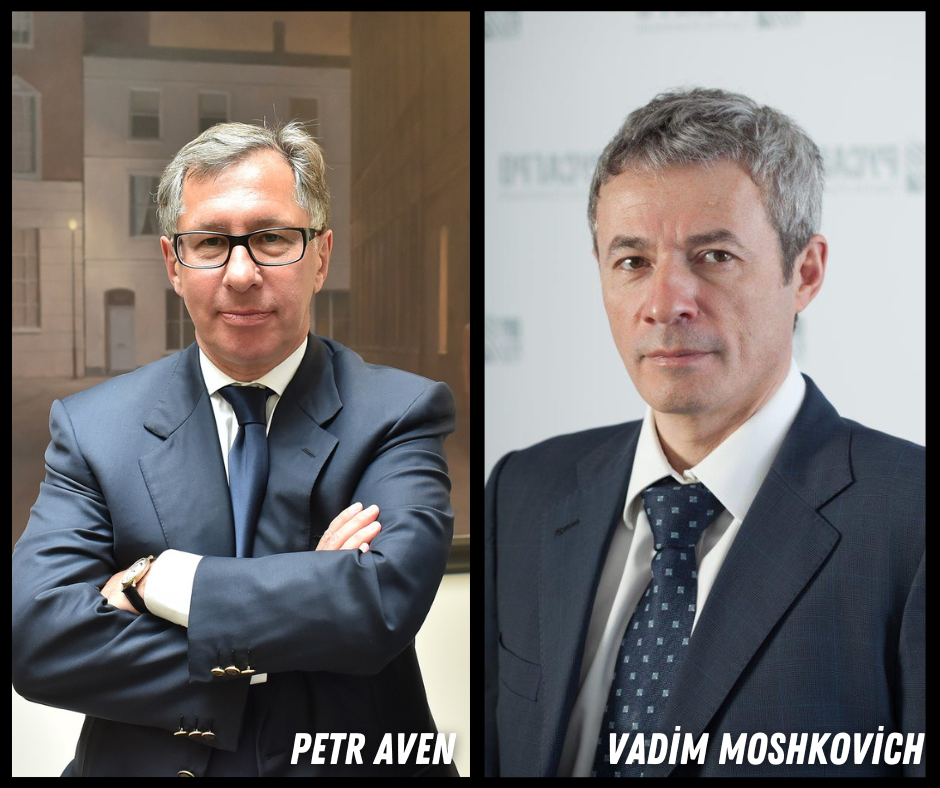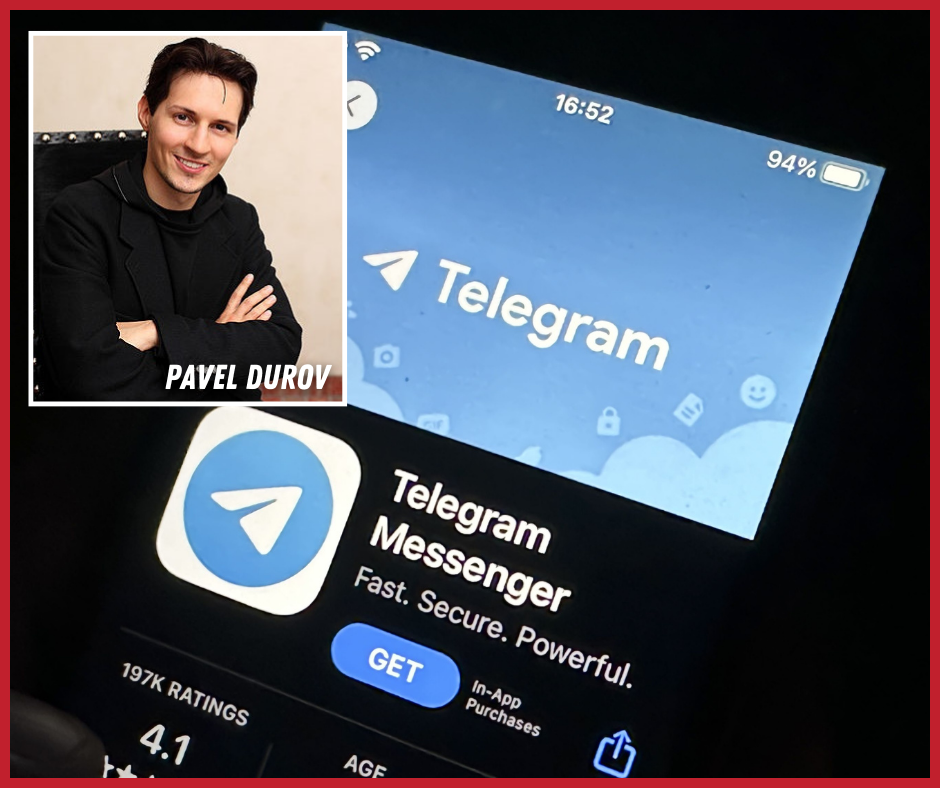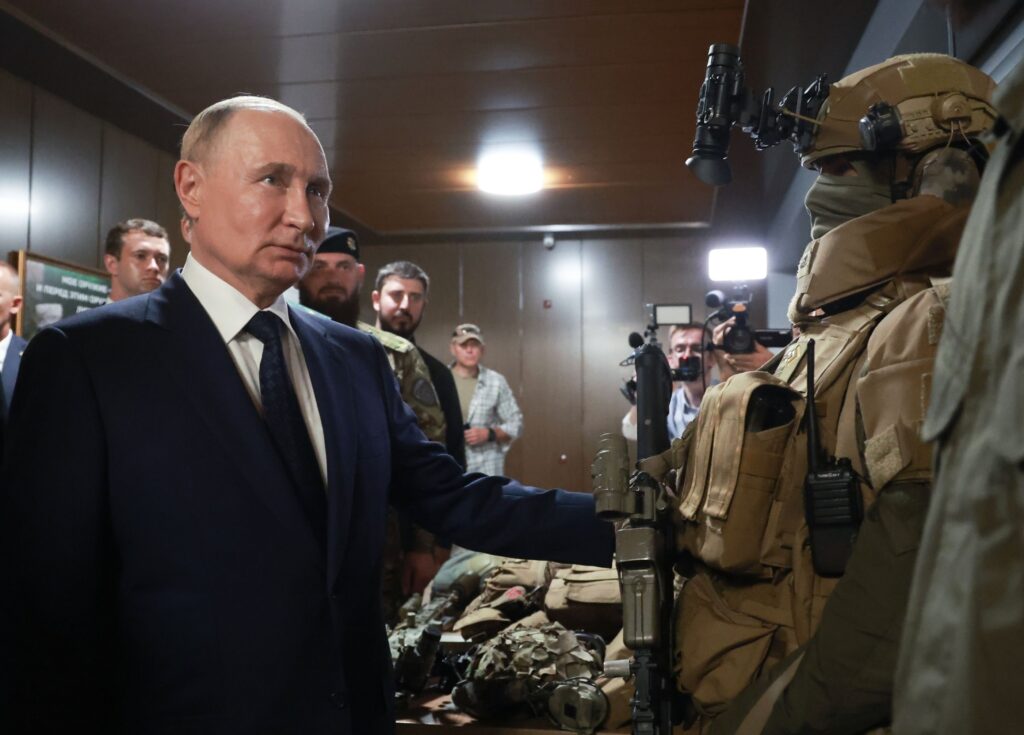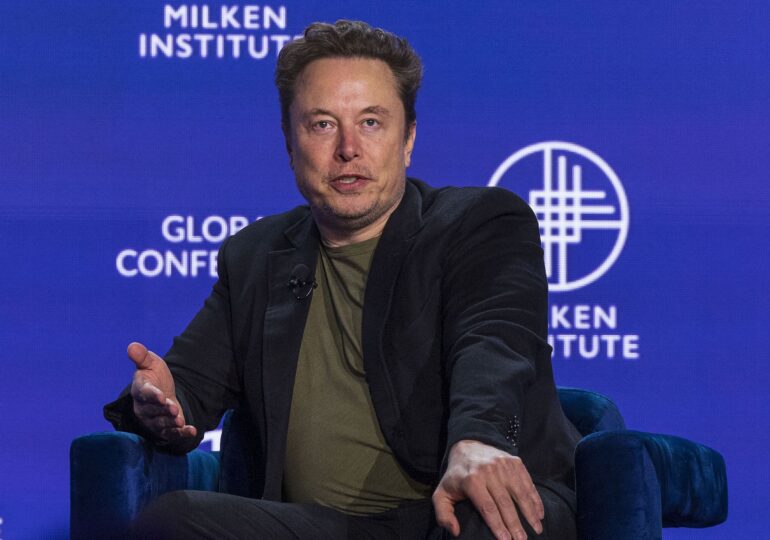Elon Musk has left the iconic building of Twitter in San Francisco, moving his offices to Texas.
The digital platform created in 2006 by Jack Dorsey, Noah Glass, Biz Stone, and Evan Williams represented the transformation of the city of California into the world capital of technology start-ups.
Musk’s recent departure does not stir any emotion or upset the local authorities, as reported by journalists from The New York Times. Furthermore, the company’s relocation is seen as an opportunity to restore the city’s prestige, which has been affected by controversies surrounding the billionaire.
"The current X is a zombie version of the old Twitter. That's what a lot of people feel," stated Yao Yue, a software engineer, who worked for Twitter for 12 years before voluntarily resigning after Elon Musk acquired the social network in 2022.
No one understands what happened to the visionary investor who launched PayPal, Tesla, and SpaceX, just a few of the companies that have shaped the global economy, but in recent days, some clues have emerged.
Musk's Investors, Supporters of Putin
In a lawsuit filed against the social network he owns, Elon Musk's lawyers were required by judges to disclose the X investors, those who contributed money when the South African billionaire decided to acquire the online platform for which he paid $44 billion.
Among the X shareholders are Jack Moshkovich and Denis Aven, the sons of two Russian oligarchs - Vadim Moshkovich and Petr Aven - who are part of Vladimir Putin's inner circle of power.

Petr Aven, Denis's father and Musk's associate, is a Russian billionaire who founded the Alfa Group economic conglomerate. Many say that this holding is one of "Putin's wallets."
According to Denis Danilov, a political commentator specialized in Russia, Petr Aven, together with Mikhail Fridman, another billionaire with Kremlin connections, traveled to Washington in 2018 to press for the "lifting of international sanctions imposed by the US on Russia."
Vadim Moshkovich, Jack Moshkovich's father, another of Elon Musk's associates, "is a Russian billionaire sanctioned by the European Union, a former member of the Council of the Federation of Russia. In other words, he was officially part of Putin's inner circle of power," announces Danilov.
Moshkovich owns the largest agricultural holding in Russia, Rusagro, and like Aven, he did not criticize the invasion of Ukraine.
Durov in Baku at the Same Time as Putin
Elon Musk's dubious associations may explain why he kept the list of X shareholders secret for two years and his change in attitude towards Russia, becoming a supporter of Putin's cause.
An event that took place on Saturday caught the attention of journalists worldwide and may have also worried Elon Musk, who is increasingly criticized by representatives of the US and UK governments.
At Le Bourget Airport in northern Paris, French police arrested Pavel Durov, the executive chairman of the popular social platform Telegram, as he disembarked from his private plane.
He had come from Baku, Azerbaijan, where Putin made an official visit last week. The Russian leader was accompanied by a delegation of businessmen, and Durov's presence in the city was no coincidence.
The billionaire with dual Russian-French citizenship, residing in Dubai, was detained on charges of "refusing to cooperate with French authorities and not moderating posts on Telegram, thus becoming an accomplice to crimes such as human trafficking, terrorism, money laundering, and abuse of minors," according to a report by TF1 television.
Telegram has 950 million users
This is the most severe reaction of Western authorities towards a billionaire, owner of an influential social network.
Pavel Durov is also the founder of VKontakte, the Russian Facebook, with around 85 million users, while Telegram, established later and mirroring the Twitter model, has reached 950 million accounts.

Both platforms host the entire digital interaction among those communicating in the Russian space, and due to the lack of post moderation criteria, Telegram is increasingly used worldwide.
The Kremlin's propaganda campaigns targeting Russians primarily unfold on these platforms before migrating to X, Facebook, Instagram.
Being less moderated, the Telegram app is also used to spread messages that incite violence, racial and religious hatred, with a significant impact on children and adolescents.
The network is used to promote fundamentalist radicalization and organize terrorist attacks.
A Message to Social Media Billionaires
"Telegram positions itself as a paradise of freedom of expression and a messaging application focused on privacy. However, both claims are deceptive," stated in a report by Kremlingram.org, an investigative alliance studying the connections between the social platform Telegram and the Kremlin.

"Telegram has proven to be insecure for communication. The lack of systems for post moderation has been used by Russia, ISIS, Hamas, and other terrorist groups to spread their messages worldwide," the report states.
"Telegram was founded and is run by a team of Russian engineers and entrepreneurs, who currently have their headquarters in Dubai. It is one of the most used digital applications in Ukraine, despite the war with Russia," specifies Kremlingram.org.
"There is plenty of indirect evidence pointing to Telegram's close ties to the Kremlin - from personal connections to relationship history, funding sources, government officials' statements, and overall lack of transparency," the report cited further.
"The fact that Telegram itself claims to have <no connection to Russia> only worsens the situation," notes the study conducted by Kremlingram.org.
Pavel Durov and his associates have tried since 2014, among other things during the annexation of Crimea, to present themselves as independent of Putin's interests.
Yesterday's arrest of the executive chairman of Telegram is an unprecedented action that sends a clear message to billionaires controlling social networks that governments have lost their patience.
Racist attacks, terrorism, religious radicalism, and false political propaganda are encouraged and heavily promoted on social networks, and despite repeated violations of laws governing open societies, online platform administrators have not found solutions, did not want to, or could not limit the promotion of hatred, incitement to crimes, and deception in the online environment.

